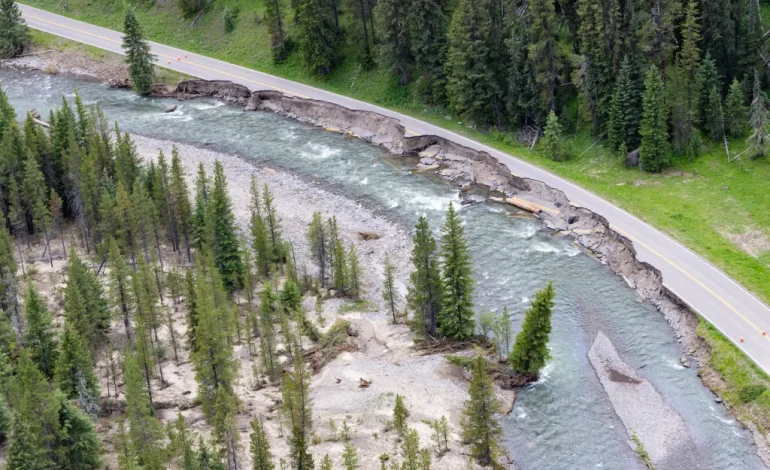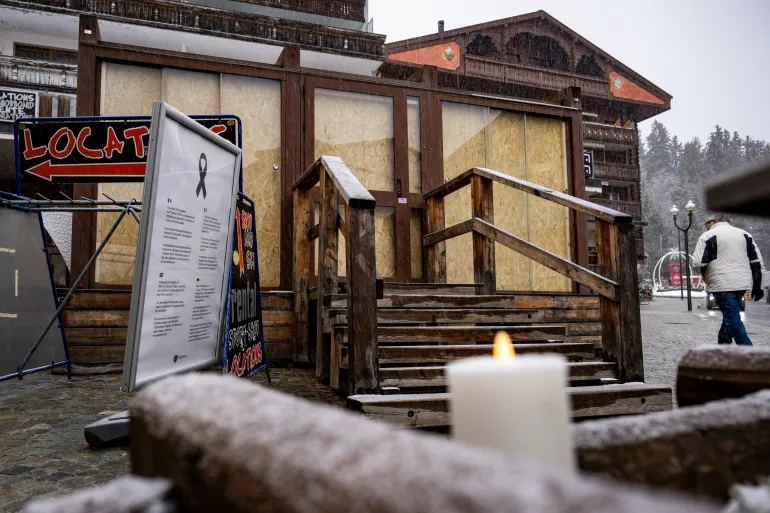Proposed FEMA Threshold Changes Could Limit Disaster Aid for Small Wyoming Communities

Wyoming emergency officials are raising concerns about a proposed change to federal disaster aid qualifications that could leave small towns without critical support after natural disasters, WyoFile reports.
The proposed policy, under consideration by the Trump administration, would significantly raise the minimum damage threshold required for states to receive assistance from the Federal Emergency Management Agency (FEMA) for public infrastructure recovery.
Currently, Wyoming must document at least $1.1 million in damage to qualify for FEMA public assistance following a disaster. Under the proposed change, that threshold would increase to $4.4 million. According to Ashley Paulsrud, Finance Section Chief with the Wyoming Department of Homeland Security, such a change could have disqualified the state from receiving aid in recent disasters, including wildfires and floods in 2023 and 2017.
Speaking to the Joint Judiciary Committee during a recent meeting in Torrington, Paulsrud expressed concern that small or medium-sized towns hit by wildfires, tornadoes, or other events could suffer significant damage but still fall short of the proposed federal aid threshold. In such scenarios, municipalities with limited budgets might be forced to rely solely on state resources to rebuild critical infrastructure.
One recent example highlighted was the August 2023 wildfires in northeastern Wyoming. While the fires caused tens of millions in damage overall, including to private property and ranch land, infrastructure losses — such as burned power lines — totaled below $2 million. The federal disaster designation awarded by President Joe Biden at the time allowed for federal support to rebuild. Under the proposed threshold, Wyoming might not have qualified for that assistance.
Paulsrud emphasized the broader implications of the shift, noting that the Wyoming Department of Homeland Security receives 92% of its funding from the federal government, including grants that support local emergency services. Delays or reductions in this funding would place additional pressure on state budgets, she warned.
The proposal is part of a broader effort by the Trump administration to reduce federal spending on disaster recovery, shifting more of the burden to states. Reports have indicated that, during his current term, Trump has already denied major disaster declarations to states including Washington, Arkansas, and Kentucky following severe weather events.
In response to last year’s record wildfire season, Governor Mark Gordon utilized nearly all available emergency funds. The legislature later replenished those accounts and authorized access to $30 million from the state’s rainy day fund in future emergencies. Lawmakers also created new grant and loan programs to assist impacted ranchers, though those measures sparked debate over the appropriate role of state aid in disaster recovery.
Wyoming remains one of only five western states without a dedicated disaster recovery fund for events that fall short of FEMA’s criteria. Paulsrud said her agency may seek a significant increase in state funding in the next budget cycle to prepare for the possibility that federal aid will be more difficult to secure.
“Most likely our budget ask will be a lot different this year,” she told legislators.









The latest news in your social feeds
Subscribe to our social media platforms to stay tuned